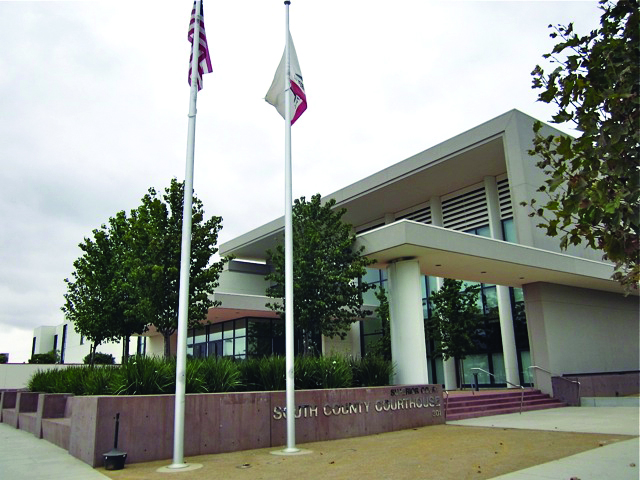Referring to the words of Jesus (“I was in prison and you visited me”), Pulitzer Prize winning author Jack Miles comments that prisoners have a special place in the Christian imagination because Jesus himself was a prisoner.
“His death was a death in custody. His most influential followers, Peter and Paul, were also prisoners. They too died in custody. John the Baptist … was beheaded in a Roman prison. Christianity is a religion founded by men in deep trouble with the law, men familiar with the inside of prisons.”
He goes on to ask if his readers know where the nearest jail is and speculates that “a Christian who does not know where the jails of his own town are located would seem to be … not much of a Christian.”
I thought about this a few weeks ago when I attended the third annual Clergy and the Courts Conference sponsored by the Santa Clara County Superior Court. This well-organized and informative day explained many aspects of our justice system with a focus on how communities of faith can help ameliorate the problem of crime.
Nearly 100 participants representing a diversity of religions gathered to hear from judges and other court officials about issues facing the courts and society. The theme seemed to be that simply passing out harsher punishments is not an answer to crime because it is bankrupting the government.
Many important topics were introduced, including:
– The law that requires clergy (among other specific groups) to report any suspected child or elder abuse immediately to a law enforcement agency or county welfare department, followed by a written report within 36 hours. There are heavy penalties for failing to comply, but civil and criminal immunity, plus reimbursement for attorney fees, if the report turns out to be invalid. There is a hotline (408-299-2071) to help determine if the suspicion is “reasonable.”
– The Parent Project is a 12-week class for parents of at-risk teens. This course teaches parents strategies to improve school performance, prevent alcohol and drug abuse, and stop gang involvement. A countywide effort, the course is offered twice annually by the Morgan Hill Police Department (408-776-7300).
– The self-help center is an innovative way to assist residents with legal problems like divorce, custody, visitation, eviction, small claims and restraining orders. These locations have trained advisors, necessary forms and computers available to handle common situations. Visit www.scscourt.org or call 408-882-2926.
– The Correctional Institutions Chaplaincy (408-957-5893) employs five professional chaplains to minister to 4,000 adults and juveniles of all faiths in custody. They set up clergy visits for inmates, train and supervise religious workers in the jails, provide scriptures, coordinate religious diets and holidays, and refer people to alcohol and drug rehabilitation programs. It was repeatedly emphasized that members of faith communities can play an important role in helping prisoners reenter society successfully.
Here are some ways to help inmates and recently-released convicts:
– Train volunteer mentors n Host recovery programs like AA, NA and Celebrate Recovery
– Provide job and life-skill training
– Provide bus tokens, loaner cell phones, clothing and bicycles
– Offer English as a Second Language classes n Support organizations that provide help for families of the incarcerated
– Provide jail ministries.










